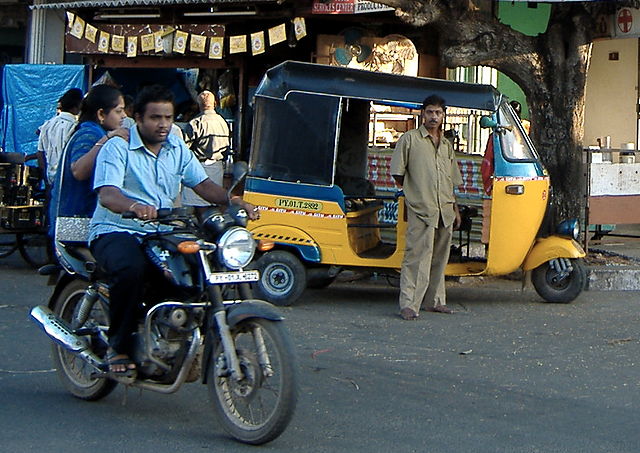Sustained Indian economic growth has been a long time coming, and as the country begins to widen its middle class and electrify previously unelectrified corners of this vast nation, new challenges are emerging on a seemingly daily basis.
In the past couple of years, India’s solar industry has boomed, adding close to 10 GW of new capacity in 2016 and on course to surpass that figure this year as the country hurtles towards its bold target of 100 GW of solar by 2022.
In PV’s wake lies scrapped plans for coal development, with Coal India – the country’s largest coal company – recently announcing that it is to close 37 coal plants, or 9% of its total production capacity, over the next few years.
But solar’s increasing ubiquity and affordability in India (prices reached a record low of $0.036/kWh in May) brings problems as well as opportunities. As reported yesterday, a new study in India found that man-made pollution could be contributing to as much as a 25% reduction in solar panel output, while new data gathered by the Economic Times has found that solar-powered petrol pumps and gas stations are driving an uptick in gasoline sales in many parts of the country.
The report finds that many gas stations in rural parts of India have recorded a 10% increase in sales since fitting solar panels to their pumps and operations. Hindustan Petroleum and Bharat Petroleum have fitted 9% and 7.5% of their pumps with solar panels respectively, since 2015.
“Solar is not just about being environmentally friendly,” said Indian Oil Corp director AK Sharma. “It is paying off financially as it helps to raise sales as well as bring down the operating cost for petrol pumps.” The largest fossil fuel retailer in India, Indian Oil Corp said that it has fitted around 25% of its 26,500 pumps with solar panels.
Using solar at gas stations makes a lot of sense, particularly in locations that suffer from poor or unreliable grids. One gas station manager in Bhojpur told the Economic Times that his operation would lose around 10% of monthly sales due to electricity availability often being restricted to just eight hours a day.
“Not every customer is willing to wait,” he said. “By the time you get your boys to start the backup generator, the customer has left. That is the cost one pays for being dependent on the grid.” Solar panels were installed at the station in 2015, and since then the store has seen its electricity bill halved and income soar, the owner said.
Bharat bags 15 MW solar plant
Bharat Heavy Electricals Limited (BHEL), which is a sister company of Bharat Petroleum, has this week secured an order to developer a 15 MW solar farm in Gujarat, acting as EPC for Gujarat Alkalies and Chemical Limited (GACL).
The project will be the first utility-scale solar plant to be built by BHEL, which currently has a development pipeline of 180 MW of solar PV throughout India, in both the ground-mount and rooftop space.
This content is protected by copyright and may not be reused. If you want to cooperate with us and would like to reuse some of our content, please contact: editors@pv-magazine.com.



But just in case, let’s review when solar systems are practical for homes and when they’re not.